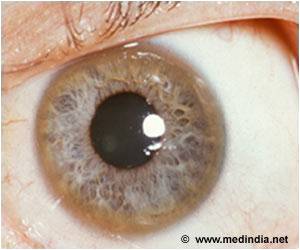
‘Protein alpha-synuclein is the one causing dysfunction of neuronal circuits and therapeutic interventions can help prevent memory deficits in Parkinson's Disease.
’
Tweet it Now
The study was published in the journal Nature Neuroscience, from Nature publishing group."This is the follow up of a previous study initiated in my laboratory, where we found that particular forms of the protein alpha-synuclein cause dysfunction of neuronal circuits involved in memory formation. We did not know how this was happening, and in this new study we have detailed the molecular mechanisms involved, which suggests we now have new targets for therapeutic intervention," explains Tiago Outeiro, a former Group leader of iMM now in Germany and at CEDOC, who coordinated the study together with Luísa Lopes, a Group Leader at iMM.
Using pharmacology and genetics, the team has now defined a series of molecular events that explains the memory defects observed in animals that model some important aspects of PD.
Luísa Lopes adds: "We used a mouse model of PD in which human alpha-synuclein is produced and found that by blocking this interaction with PrP using a caffeine analogue, reverted the abnormal neuronal activity and memory deficits. This study links nicely with our previous work on Alzheimer's disease, further suggesting that molecules like caffeine may indeed have potential benefits against memory deficits upon neurodegeneration".
Parkinson's disease is a devastating disorder affecting millions of people worldwide. Current therapies are only symptomatic, and treat only some of the motor symptoms of the disease.
Advertisement
"We are very excited with the findings of our collaboration, and this study demonstrates that when we pull together our complementary expertise we can make important discoveries that can impact the lives of the millions of people (patients and families) affected by these terrible disorders," concludes Luísa Lopes.
Advertisement
Source-Eurekalert














